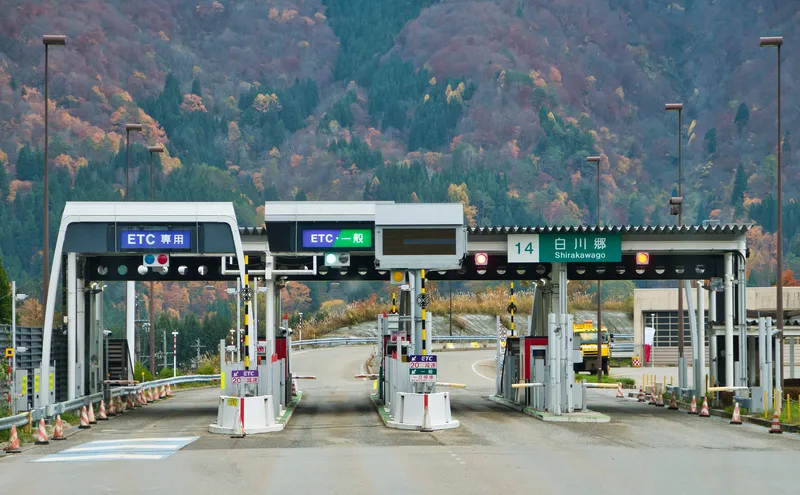Expressway companies in Japan plan to rent out unoccupied space on their superhighways, like those on sound-insulating walls, throughout the country for utility companies to generate solar power. Due to an expected rise in the demand for space to install solar panels, the expressway companies are expected to lease out the unoccupied expressway areas on a wide scale. Among the targeted areas for the planned rental service could be on highways in areas between cities, where sunlight is available for long hours.
The move follows the Economy, Trade and Industry Ministry's planned system, under which electric power companies will purchase all renewable energy produced by corporations and households. Under the plan, the ministry will rent out roadside embankments, soundproof walls and other unused space on the highway system throughout the country to Kyocera, Toshiba, Sharp and other solar power generation companies. The full plan is scheduled to be unveiled in fiscal 2012.









